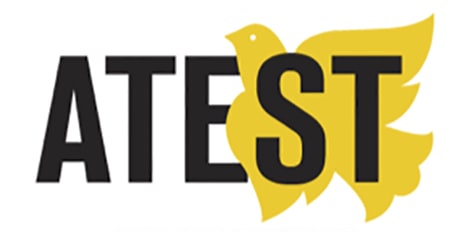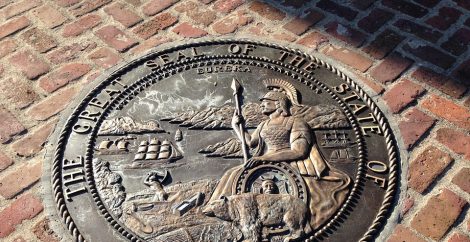Goal:
Partnering with ATEST, we will petition members of the U.S. House of Representatives to consider the Business Supply Chain Transparency on Trafficking and Slavery Act of 2015 that would ask businesses to disclose what efforts they take to identify human trafficking in their supply chains.
Summary:
In 2015, members of the U.S. House of Representatives were considering the Business Supply Chain Transparency on Trafficking and Slavery Act of 2015. Advocates were asked to sign a petition to the House of Representatives to hold companies accountable for the millions of men, women, and children trapped in the everyday nightmare of forced labor.
Such disclosures would also allow consumers to make informed decisions about what products they buy and which companies they invest in. Two big global retailers—Walmart and Costco—were named as customers of a seafood supplier in Thailand with proven links to slavery. This meant that shrimp farmed with slave labor was ending up on American dinner tables.

Outcome:
Tens of thousands of advocates responded, increasing supply chain transparency with the introduction of this bill to the Senate, marking an important step toward higher awareness.






-
Follow us on Facebook
5.6M
-
Follow us on Twitter
32K
-
Follow us on Instagram
8K
-
Subscribe to our Youtube
5.7K
Donate